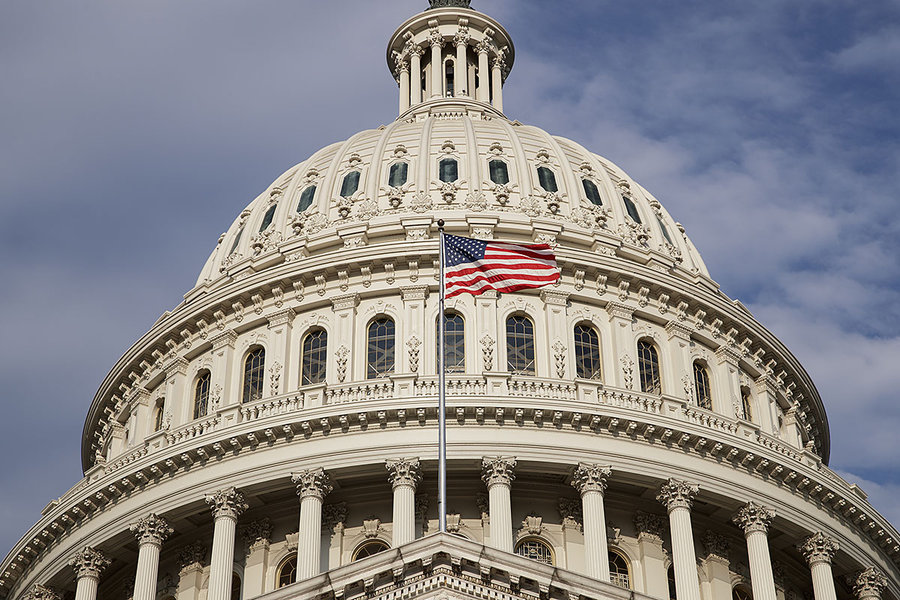As drug prices continue to be a hot news subject, legislative proposals to stymie the climb to higher prices are sure to be introduced continuously until recognizable progress is made. Already in the 116th United States Congress, Democrats have already introduced a number of aggressive drug pricing proposals aimed at lowering costs. Recently, Senator Bernie Sanders and Representatives Elijah Cummings and Ro Khanna introduced legislation for new proposals targeting climbing prices.
The legislation, comprised of several different bills, are all aimed at reducing drug prices in the United States and are in line with Democrats’ statements about how drug prices are one of their top priorities.
One of the bills, introduced by Senator Sanders in the Senate, would permit Alex Azar, Secretary of Health and Human Services, to negotiate lower prices for drugs under Medicare Part D directly with drug makers and manufacturers. The proposal has been referred to the Committee on Finance. A similar bill was introduced by Representative Elijah Cummings in the House, and referred to the Committee on Energy and Commerce and the Committee on Ways and Means.
Another bill, introduced by Representative Elijah Cummings, would allow Americans to import lower-priced drugs from abroad and connect the price of prescription drugs in the United States to median drug prices in five countries – Canada, the United Kingdom, France, Germany, and Spain. The bill has been referred to the House Committee on Energy and Commerce. The similar bill introduced in the Senate would amend the Federal Food, Drug, and Cosmetic Act to allow for the important of affordable and safe drugs by wholesale distributors, pharmacies, and individuals.
A third bill, introduced in the Senate, would open up generic competition to patent-protected United States brand-name drugs that are considered “excessively priced.” This legislation, the Prescription Drug Price Relief Act of 2019, was introduced in the Senate and referred to the Committee on Health, Education, Labor and Pensions.
“If the pharmaceutical industry will not end its greed, which is literally killing Americans, then we will end it for them,” Sanders said in a statement. “The United States pays by far the highest prices in the world for prescription drugs. This has created a health care crisis in which 1 in 5 American adults cannot afford to get the medicine they need.”
Sanders’ statements stand in contrast to what many pharmaceutical companies have been positing, that price increases have been modest. Drug makers, such as Pfizer, have said the nation’s rebate system is responsible for driving the price of medicines artificially higher.
Holly Campbell, a spokeswoman for the Pharmaceutical Research and Manufacturers of America, said Sanders’ plan would harm U.S. patients. Industry typically argues that government price regulation could limit access to some medicines, undermine financial incentives for research, and compromise safety standards.
It is likely that Democrats will continue to bring forth aggressive legislation regarding drug prices, but those proposals are unlikely to pass through the divided and highly partisan Congress. States and Congress need to focus on reducing high out-of-pocket costs for patients by reforming the opaque practices of PBMs, or pharmacy benefit managers, which could operate with more transparency and pass more discounts on to consumers.


